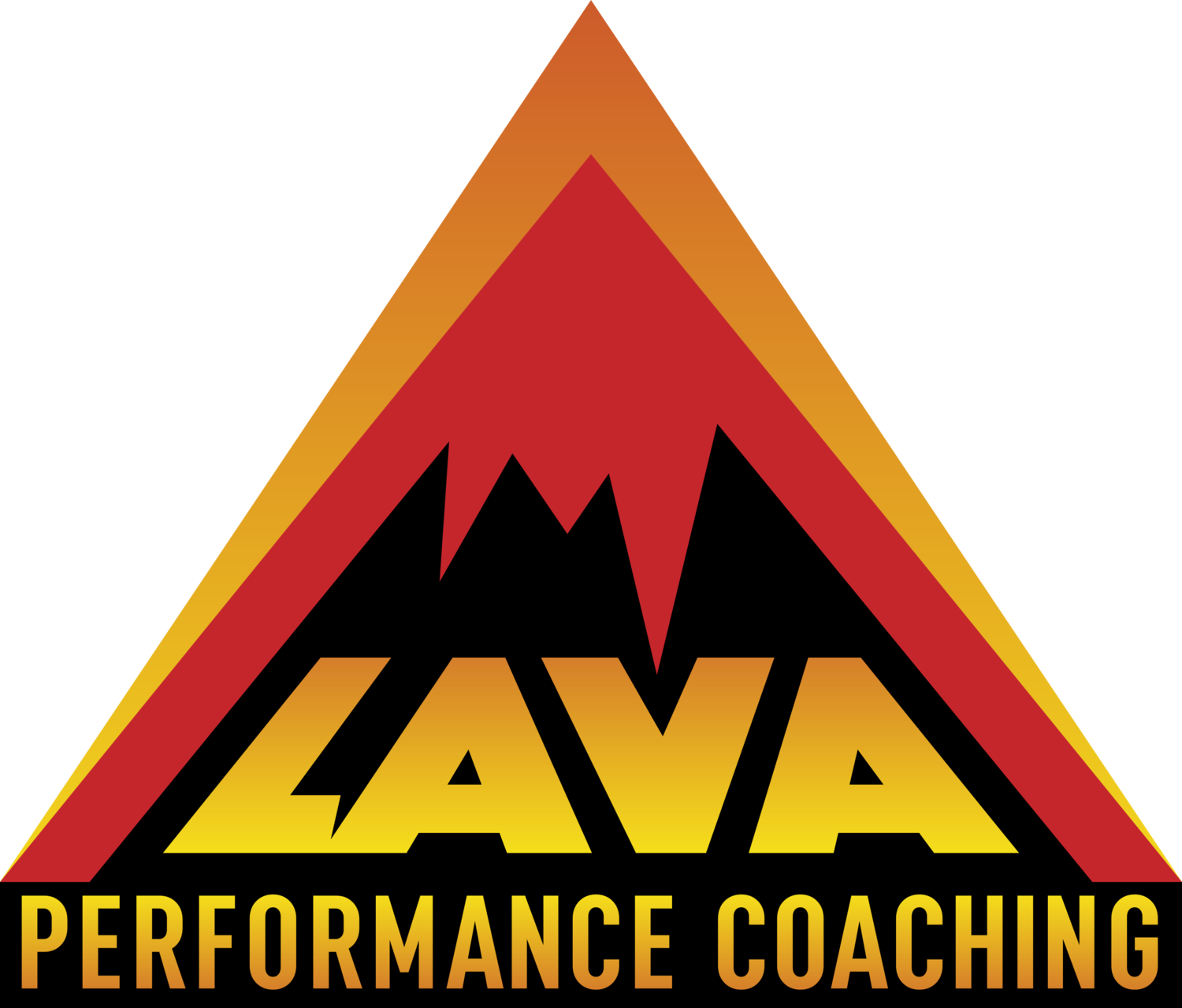Eat Don’t Run To Get Faster
Focus On Nutrition Over Miles To Improve Running In Off-Season
There are many strategies to run faster but injury isn’t one of them. You can improve your running this off-season without increasing your miles. Keeping the miles to a minimum can reduce the risk of injury and give your body the time it needs to adapt and rest after a hard run summer and fall.
Turning your attention instead to proper fuelling and healthier eating habits will pay dividends when you return to higher mileage closer to the next race season.
The effects that proper fuelling and healthy eating has on run form and speed should not be underestimated. These are strategies that can gain you time on the ground but don’t require added stress on the musculoskeletal system, thereby making you faster without the risk of burnout or injury.
Think about this for a moment - getting faster without running more.
Proper nutrition entails choosing whole foods, finding your specific ideal macronutrient balance, knowing when to change that balance given your training program, making sure you are getting your micronutrients, eating to promote proper digestion, choosing the right fuel for your workouts depending on specific goals, and getting the sleep and recovery you need.
These are the general targets (and not an exhaustive list), but what that looks like for each individual will be different. Now is the perfect time to do research or seek out a professional for guidance and support.
If changes in body composition is one of your goals, be aware that the breakdown of fat releases toxins in the system and may cause related symptoms. Experiencing these symptoms during the off-season is preferable to higher intensity training phases.
Also know, there is evidence that being underweight can increase your chances of injury, so setting out to achieve body composition goals is best done during low load training phases.
If free speed with no extra workouts and no injury risk hasn’t convinced you to tackle your nutrition deficits, my personal experience may provide value as I recently experimented!
When I finally hit the ground running after coming back from a recurring knee injury, my easy pace had dropped by about 45 sec/km. I had gotten significantly faster without having run a single step.
For several months I did not run at all. I continued to bike and swim, and turned my focus to nutrition. Using the time I’d freed up from not running, I put my knowledge as a Certified Sports Performance Nutrition Specialist to work on myself. I was already following my own guidelines and maintaining good health, but knew there was always room for improvement!
I did a deep dive into what I was typically eating, how my macronutrients were stacking up in a day, and where I was falling short with micronutrients.
I overhauled my nutrition plan and eliminated all non-whole foods. I balanced my macros and prescribed a list of micronutrients I had been neglecting. I had already had an overhaul of my training program and began fuelling my hard bike sessions with more intent. I recovered during my swims and purposefully built in down time for myself.
Focusing on nutrition and wellness brought me back to health with a sound body. Less running miles, harder bike rides, and better fuelling set me back on my feet running faster than ever. My body composition changed. As a result, my form and running efficiently also improved. I got faster. I stayed injury free.
I continue to keep the miles in check and nutrition at the top of my list, right alongside recovery. I’m not getting any younger, but I am getting faster!
Now is the time to turn your attention to how you are feeding and fuelling your body. Make the hard days count, include the rest days and change your body for the better!
Coach Charlotte Farrant is an NCCP Triathlon and Swim Coach, Certified Sport Performance Nutrition Specialist, Head Coach of Taiga Triathlon, Age Group Online Coach and avid athlete. Contact her for more information at cfarrantcoach@gmail.com.
